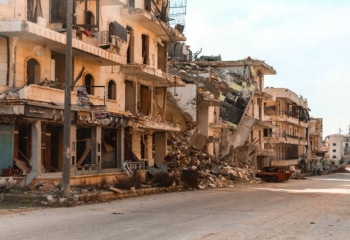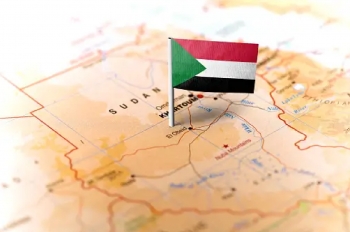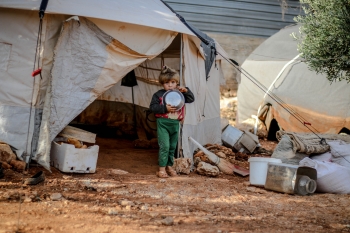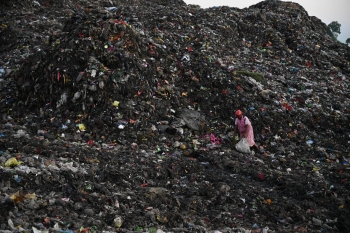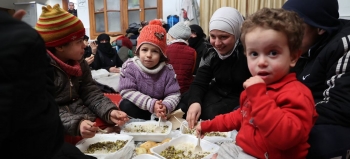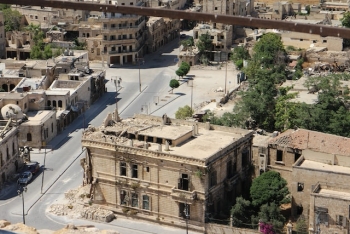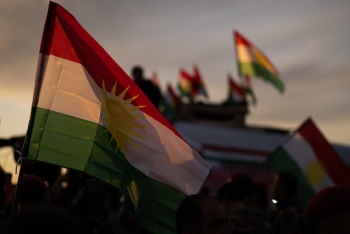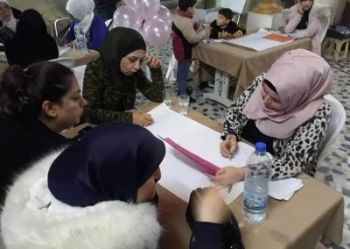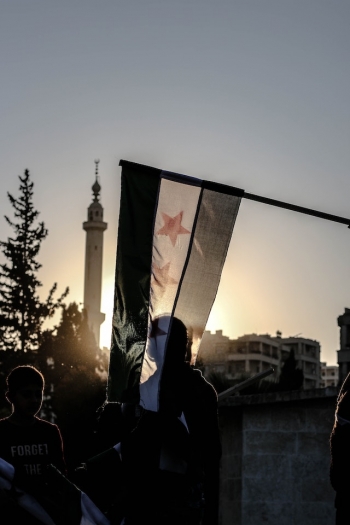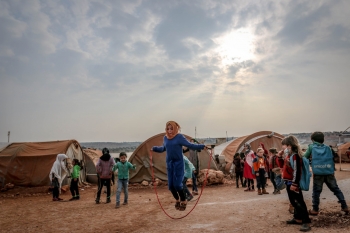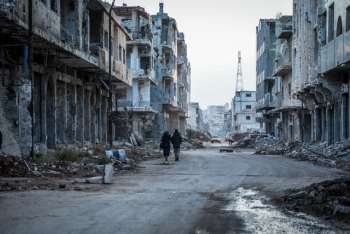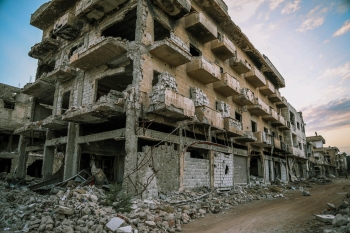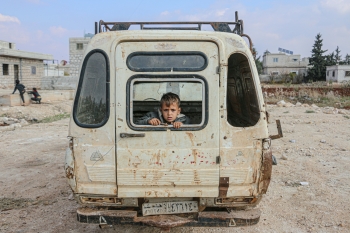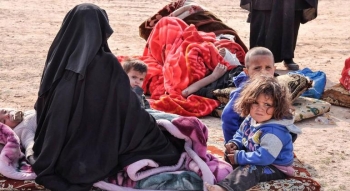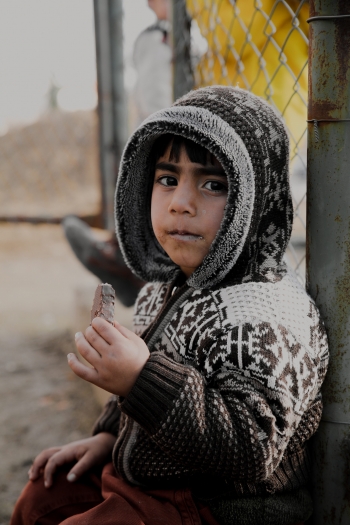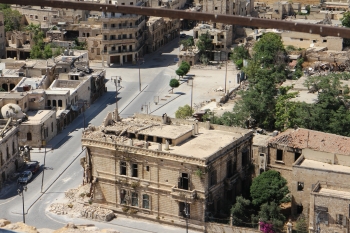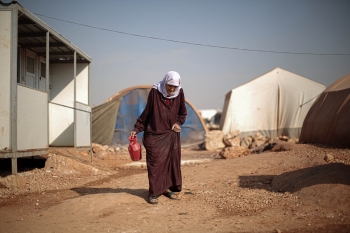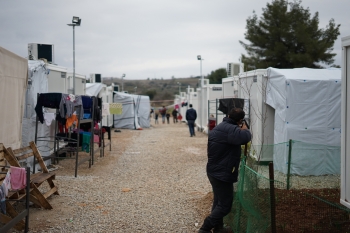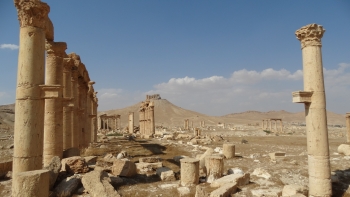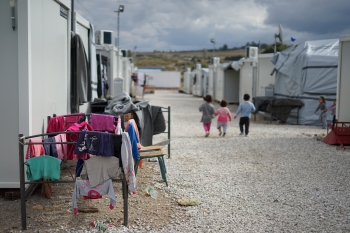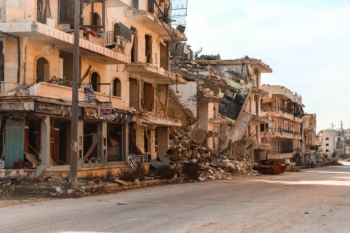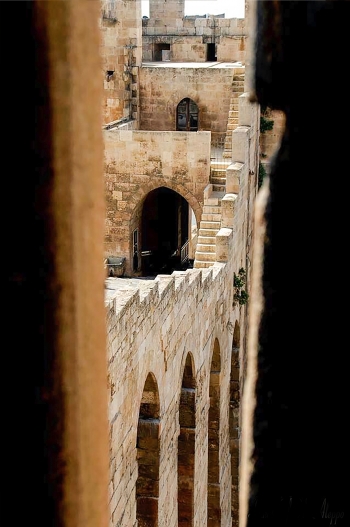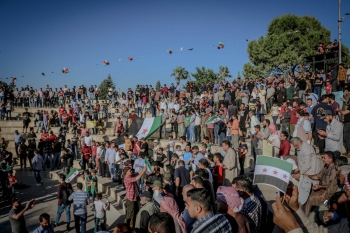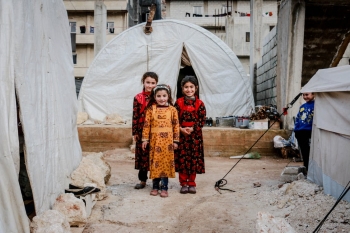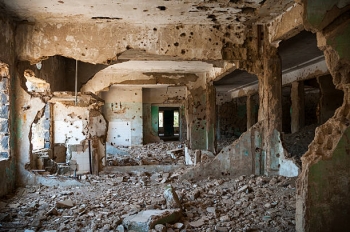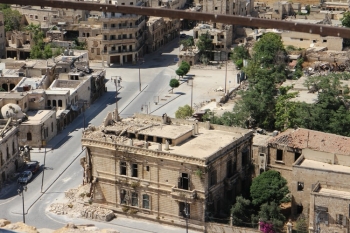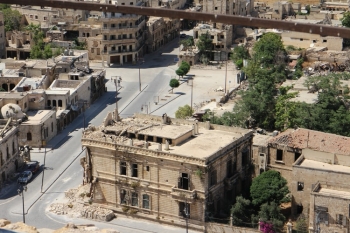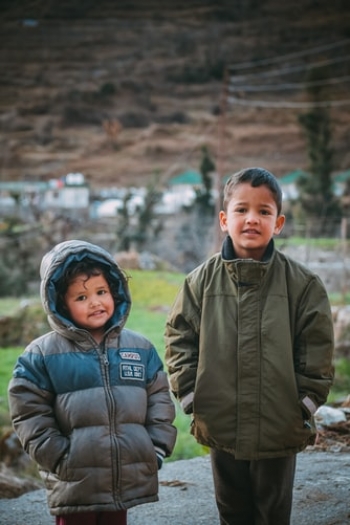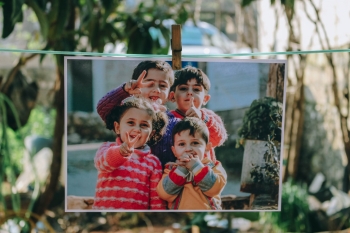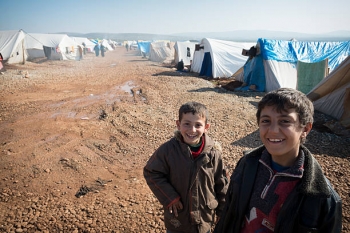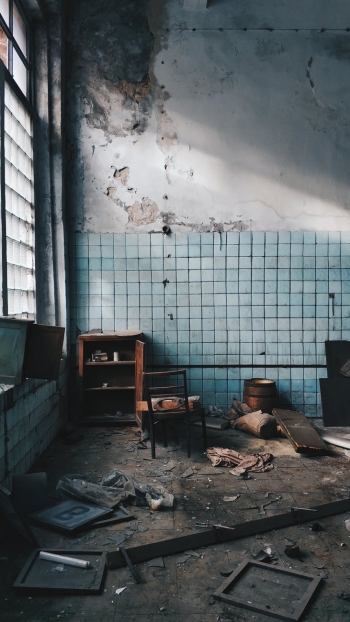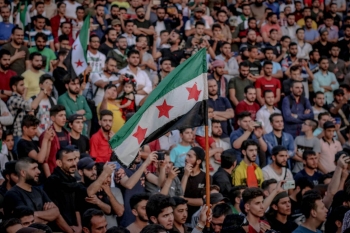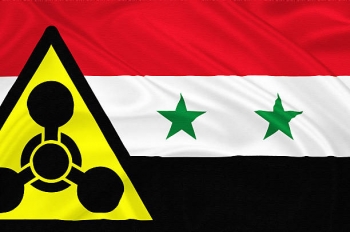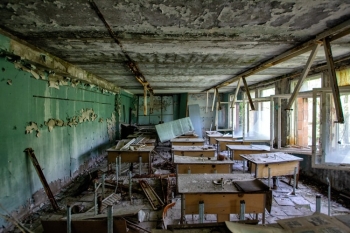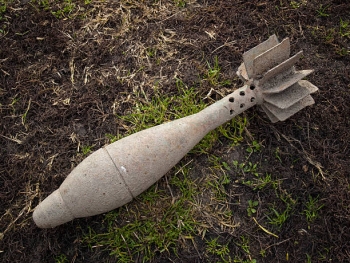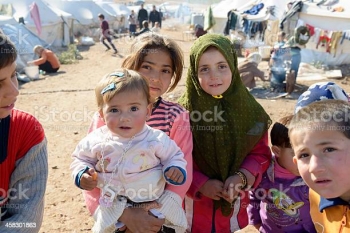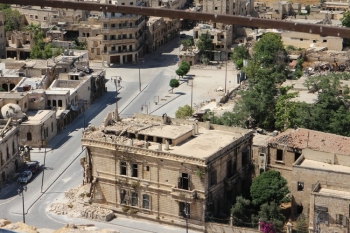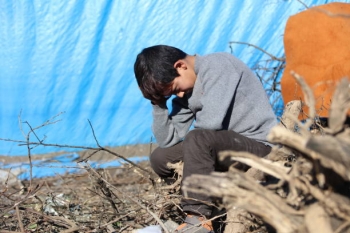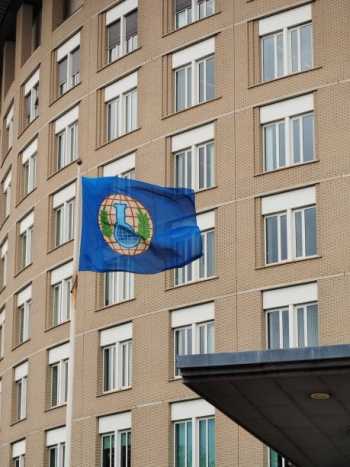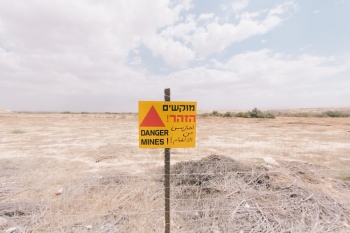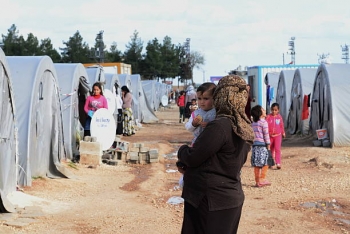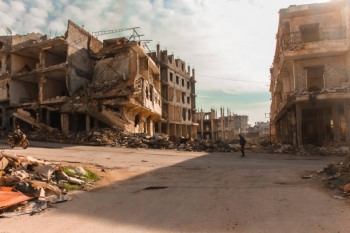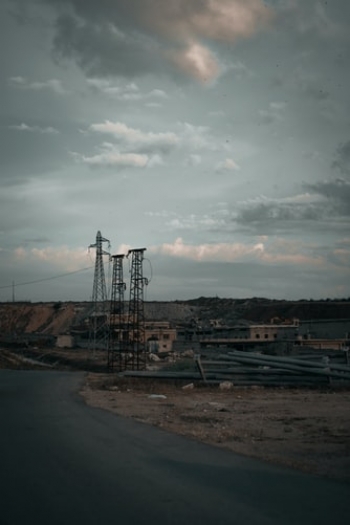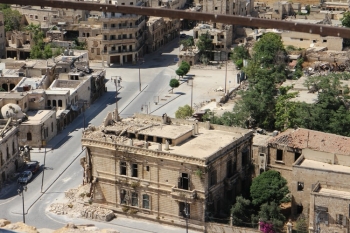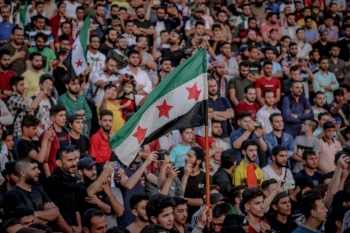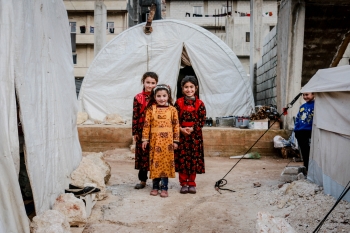Web Review
L’Osservatorio monitors the web and other information sources daily to provide in-depth news on the impact of contemporary armed conflicts on civilians.
29 October 2022
Women are gaining an increasingly important role in mediation and negotiation processes.
In Syria, the long fighting of the civil war has worsened the political, economic and social state of the country to the point of prompting countless citizens to leave their homes and/or country. So far, the efforts of collaboration and mediation by the international community have been in vain due to misunderstandings and hostility between formal mediators in local communities. However, the role of women – in this case of Syrian women – has reached a level of remarkable importance.
Syrian women are often involved as “internal mediators” within a controversy as they are trusted and credible on both sides. They are also credited with the ability to both build and exploit relationships, and the possession of accurate and detailed information about the parties of the dispute.
At the beginning of the war, for instance, the district of Zabadani (northwest of Damascus) had become the centre of clashes between the government and the opposition forces. Because of the restrictions on freedom of movement faced by men, the involvement of women in negotiations for a ceasefire with government authorities became not only acceptable, but necessary. Referring to this fact, peace-building expert Sameh Awad explains that women in Zabadani had intervened to protect their husbands from government research operations.
A similar case is that of the north-western city of Idlib where the mediation skills of a group of women allowed the release of prisoners sentenced to death. In Damascus, the exponential growth of violence against internally displaced persons (IDP) has led Mobaderoon, an organization composed of women, to take a crucial role in the process of restoring stability, security and social cohesion. Their commitment to the formation of local committees and the creation of neutral spaces has facilitated the acceptance of displaced persons and, subsequently, the increase of economic opportunities.
To read more, please visit:
- https://news.un.org/en/story/2022/10/1129972
- https://www.unwomen.org/en/news-stories/feature-story/2022/10/how-syrian-women-navigate-security-risks-to-mediate-local-conflicts
- https://iraq.un.org/en/188075-womens-participation-local-mediation-lessons-iraq-libya-syria-and-yemen
- https://www.wilpf.org/ways-syrian-women-must-be-included-in-the-upcoming-peace-talks/
- https://icanpeacework.org/2019/01/syrian-women-peace-process-argument-inclusion/
- https://icanpeacework.org/2020/11/innovative-peace-story-syrias-mobaderoon/
by Alessia Bertola





